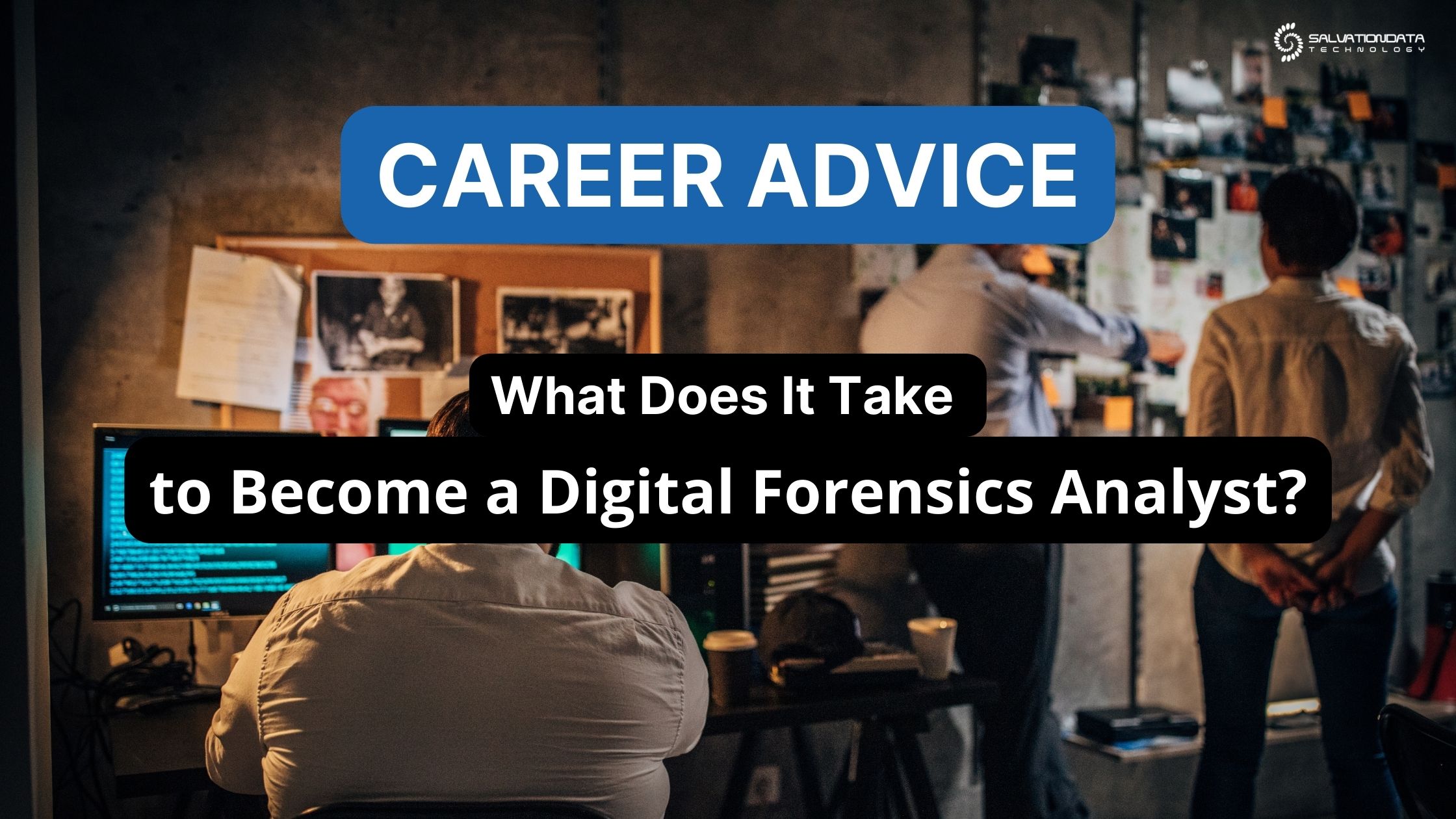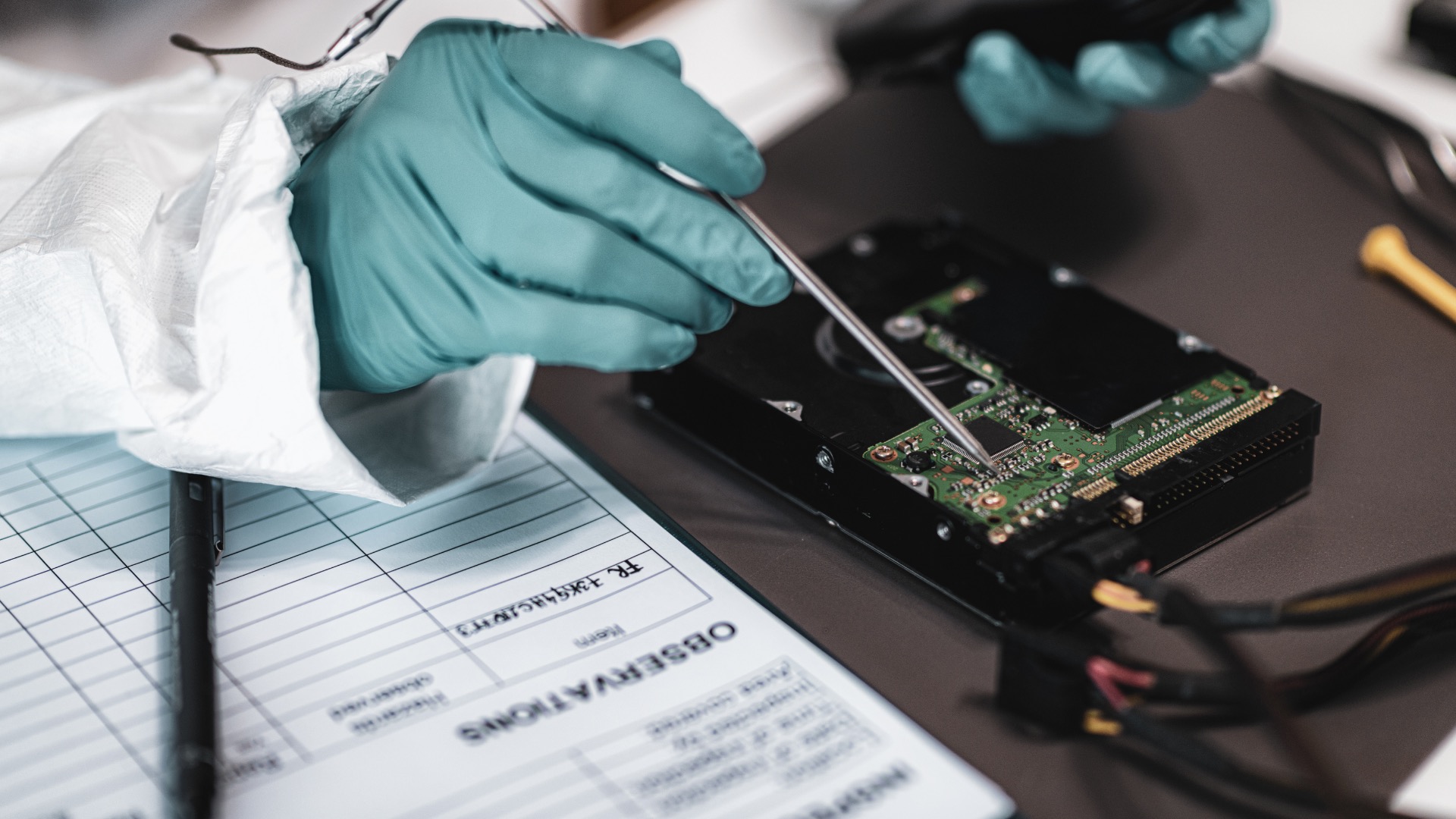The step-by-step career path

If you’re still determined to become a digital forensics analyst, we’ll walk you through the exact steps you need to take. Mind that the process might not be exactly the same depending on your current background (for example, it’s easier to transition into the field of digital forensics if you’re already working in certain areas of law enforcement).
Assuming you’re starting from scratch, the steps ahead of you are as follows:
1. Set your goals

Do you want to become a generally proficient digital forensics analyst or do you have something specific in mind? As you may know already, this is a relatively diverse science that almost spoils you for choice.
As a forensic science examiner, you can choose to become an expert in:
In general, the fundamentals are the same in every field of digital forensics. So if you’re aiming to be paid a decent wage, it pays off to invest in your education, which brings us to the next step.
2. Earn a bachelor’s degree

If you want to become a certified forensic examiner, getting a bachelor’s degree will give you the essential education as well as industry recognition to help you land a job later on. Also, this will allow you to experience what it takes to interact with complex computer and database use cases and equip you with the knowledge necessary you’ll need when working on various different cases.
As part of your training, you will also learn:
- How operating systems work
- White-hat hacking
- Criminal justice essentials
- Cyber and network security
3. Gain experience

Just like any other professional field or discipline, the highest-paying jobs will require you to have the necessary experience under your belt. With that being said, there are also certain entry-level jobs that you can apply to after graduating to get your foot through the door.
For starters, you can pursue internships to gain some valuable experience to put in your resume. Don’t forget to do some networking on the side – this can get you access to some fantastic employment opportunities you wouldn’t necessarily come across otherwise.
4. Get certified

To get access to better employment and perks, it pays to be a certified forensic investigator. This will show a potential employer that you’ve undergone the training necessary to become familiar with the complexities of the job and thus open a new chapter in your career as a digital forensics analyst.
At this time, you should start to think about specializing in a certain more specific field of digital forensics. This will not only help you fill in a job opening that requires a specific skill set, but also place you highly above your peers as you’ll be the most qualified candidate for the position.
To help you advance your digital forensics career, SalvationDATA offers industry-grade certification. After you complete the courses and pass the exams, you can become a proud holder of the following industry-recognized certificates:
Expert(SFAC) DVR Forensics Analyst Certification
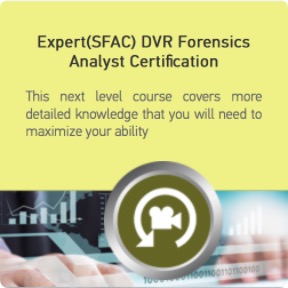
Video surveillance is becoming increasingly more common these days since CCTV cameras are getting better without costing a small fortune. Prove that you understand how they work and that you’re capable of analyzing the footage without compromising the vital evidence.
Expert(SMFC) Mobile Forensics Investigator Certification
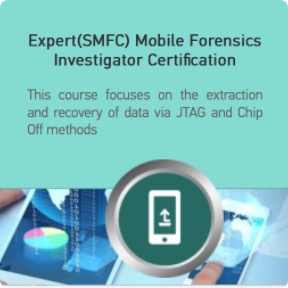
Everybody carries a smartphone around with them nowadays. These tiny devices know more about you than you realize and can often play a pivotal role in the resolution of a case. Learn how to extract data from them even if has been deleted or corrupted, all while bypassing the smartphone’s lock screen protection and encryption.
Expect Forensics Data Recovery and Acquisition(SSD)
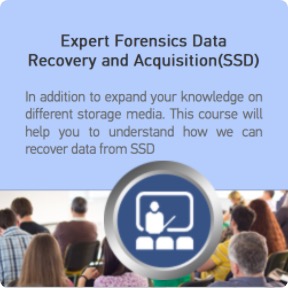
Storage media may hold the missing pieces of evidence you need to crack a case. Learn the best approach on how to recover data from a wide range of devices, including SSDs, flash drives, CDs, DVDs, memory cards, etc.
Advanced RAID & Data Base Training
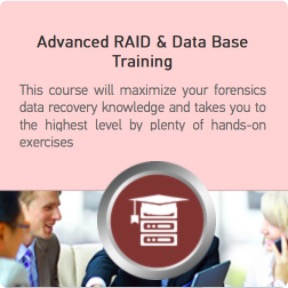
Databases may hold the key to solving high-profile white-collar and financial crimes. Discover the essentials of how databases work and how you can leverage this knowledge to access them and extract vital evidence from complex IT structures.
5. Earn a master’s degree

After you’ve already obtained a bachelor’s degree, you may consider continuing your education as a digital forensics analyst. Although this is not mandatory to land your first job in the field of digital forensics, it does come with several benefits:
- Higher pay
- Broadened horizons
- Higher level of qualification
- Professional recognition
6. Write a resume

Even after obtaining your degree and additional certification, you’re still going to need to proactively apply to jobs. But before you start doing so, know that it’s typical for any potential employer to ask for a CV to be attach to your application.
It should mention:
- Any diplomas or certificates you’ve earned
- Your prior work experience
- What makes you stand out
7. Apply to jobs

Now is the time to start applying to jobs and hopefully land your first assignment as a digital forensics analyst! To search for openings, browse through job boards, network, and find other opportunities to meet your future employer.
Keep in mind that certain employers will require your background check to come back clean. There should be no felony charges on your record and even certain misdemeanors may disqualify you from being considered for the job.
Also, don’t get discouraged if you don’t hear back the first time around. Applying to jobs is a numbers game – as long as you’ve obtained the necessary credentials, you should be able to get hired sooner or later. Of course, the more qualified you are, the greater the likelihood that you’ll have the luxury of working a job you love.
